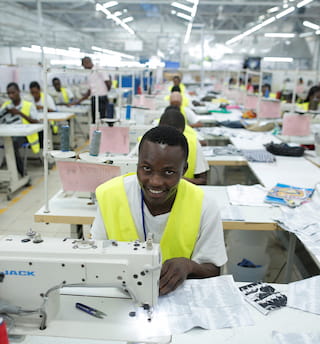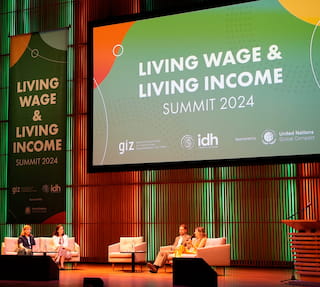Transforming barriers into benefits
Decent work is not only a key element to lifting people out of poverty, but also to creating economic resilience, social stability, and business success. According to the World Economic Forum and the Business Commission to Tackle Inequality, a globally implemented living wage could generate USD$4.6 trillion in additional productivity and spending. Companies offering decent work and wages enhance business resilience by reducing turnover and boosting worker commitment.
Over the last 15 years, IDH has collaborated with partners to cocreate sustainable solutions to inequality through sector-specific joint industry commitments, regional value chain development, and cross-sector guidelines towards close living wage gaps and improve working conditions. This approach is driven by the belief and evidence that decent work is essential for strong, sustainable businesses.







